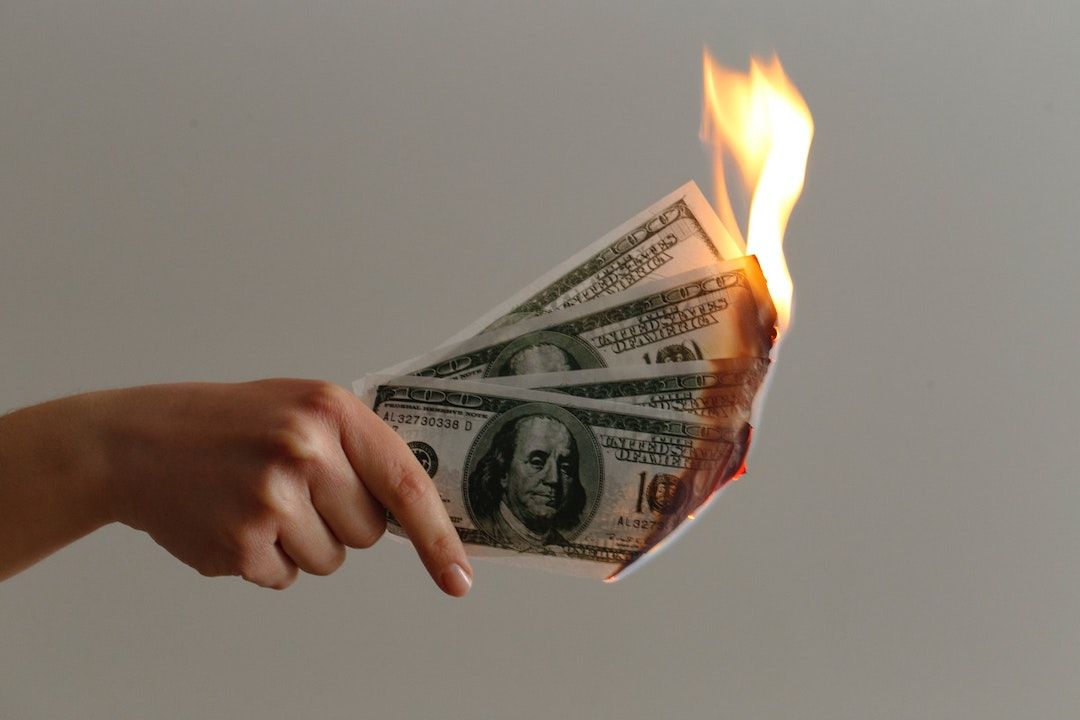- The NFT marketplace sector has become increasingly competitive, with new platforms launching constantly.
- This has opened the door to the practice of wash trading.
The NFT market has been booming for the past year, as crypto-savvy individuals are always on the lookout for new ways to make money. As with any kind of trading, some engage in practices seen as manipulative by other traders. This is known as wash trading, and it has become increasingly popular in the NFT space.
Wash trading involves creating artificial trades that are designed to deceive the market. The goal of wash trading is usually to make more money than would be possible in a legitimate trade, and it can also be used to manipulate the price of an asset.
At its peak in January 2022, more than 80% of NFT trading volume was wash trading. This is a huge problem, as it means that traders cannot trust the data they receive from exchanges and platforms. According to BanklessTimes.com, wash trading in the NFT space has declined by 59% over the past six months, but it is still a significant issue that needs to be addressed.
Speaking on the data, the CEO of BanklessTimes said
BanklessTimes CEONFT wash trading has made life tough for data analysts and market makers. Not only does it make it hard to gauge the actual price of an asset, but it also tricks people into thinking they are making profitable trades when in reality they are just buying and selling a worthless asset.
Wash trading is strictly prohibited in the United States and most other traditional economic markets. Unfortunately, it is difficult to police in the crypto space due to the pseudonymous nature of blockchain interactions. The decline is a positive sign, as it shows that regulators are beginning to take notice and crack down on this act of fraud.
NFT Wash Trading Is Expensive in the Long Run
Although most NFT traders are resorting to NFT wash trading for wrong impressions, it has its lows. The strategy is an approach to drive the demand and price of NFTs, but it is expensive.
Every NFT transaction on the Ethereum blockchain attracts a gas fee. This is expensive in the long run, and a trader can only wish to eventually sell their tokens at a cost enough to cover the expenses. Therefore continuous back-and-forth sale leads to more gas fee charges.
Who Is at Risk of Wash Trading?
It is worth mentioning that any trader can be deceived by wash trading, regardless of level. However, beginners are more prone to fall victim, since they may lack the knowledge and experience with the NFT marketplace sector.
The moral of this story? Wash trading in the NFT space is a dangerous game to play. It manipulates the data, leaving traders open to losses if they don’t understand the risks. Be sure to educate yourself on the ins and outs of NFT trading.












